As we go through life, we encounter different challenges that can impact our mental health and well-being. These challenges can include stress, anxiety, depression, trauma, relationship issues, and more. When facing these difficulties, seeking the help of a therapist can be incredibly beneficial. However, with so many types of therapists out there, it’s difficult figuring out where to start. In this comprehensive guide, we’ll help you understand the different types of therapists and how to find the right therapist for your specific needs and goals.


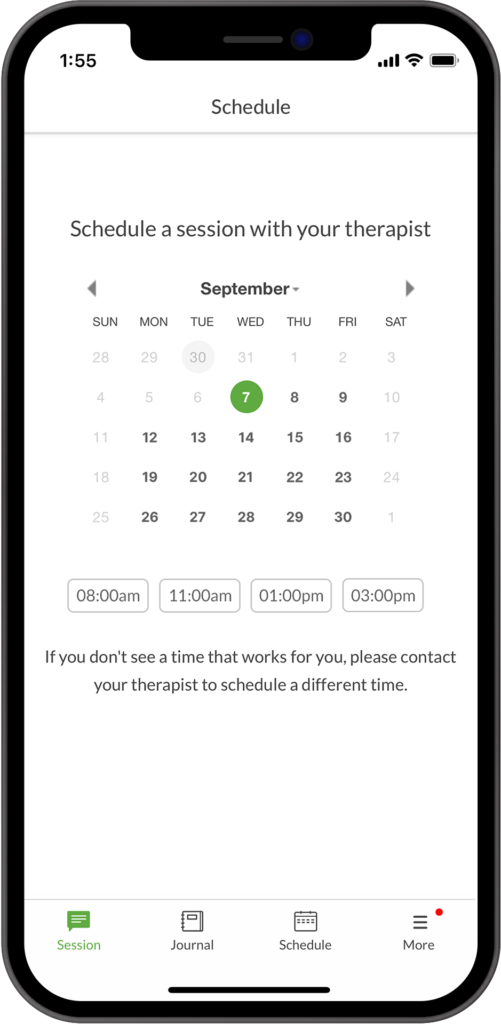
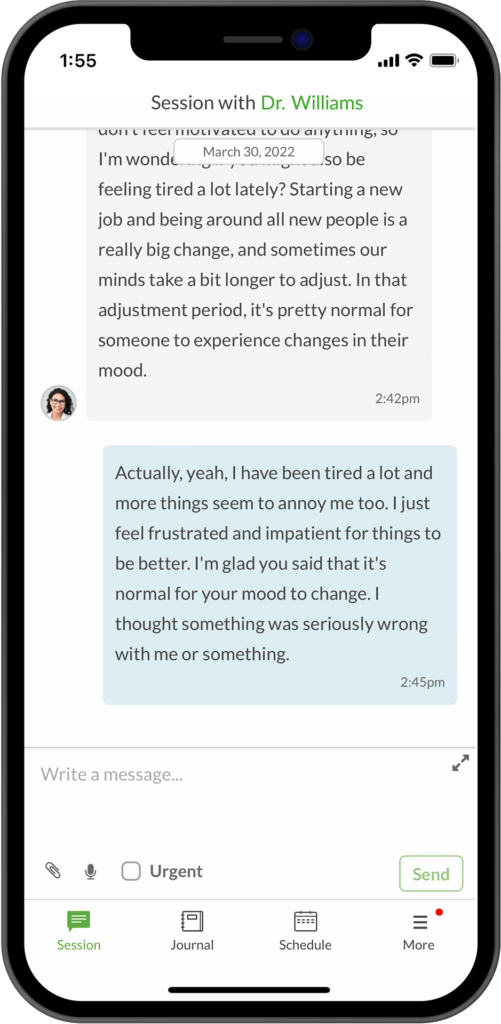
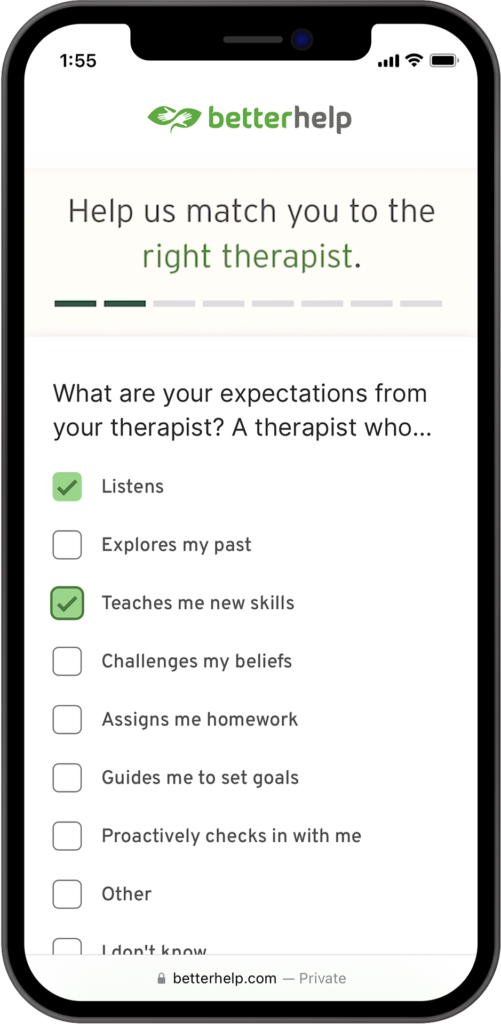
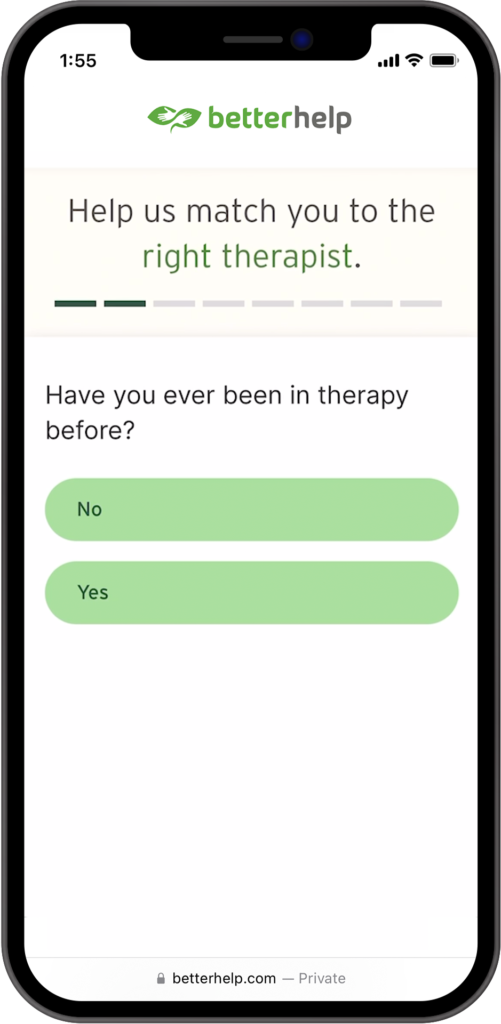
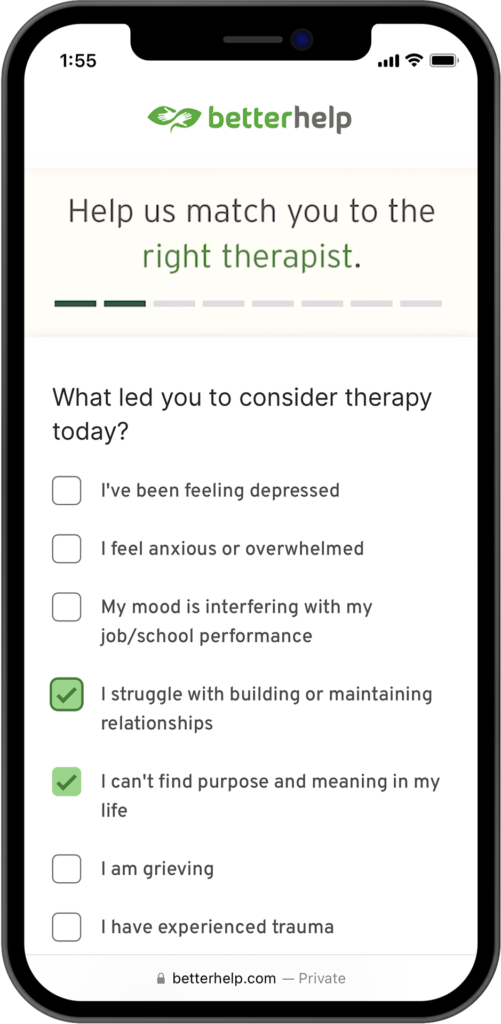
Table of Contents
Factors To Consider When Choosing A Therapist
Before beginning your search for a therapist, it’s important to understand your specific needs and goals for therapy. Figure out what it is you are hoping to achieve with therapy. This will help you narrow down your search and find a therapist who can best meet your needs.
Another important factor to consider when choosing a therapist is their qualifications and experience. There are various types of therapists, each with their own credentials and certifications. Some common types of therapists include psychologists, psychiatrists, licensed clinical social workers (LCSWs), licensed professional counselors (LPCs), and marriage and family therapists (MFTs).

When doing your research for potential therapists, be sure to look for someone who has experience in treating your specific mental health concerns. Additionally, consider their approach and style of therapy. Do they use techniques and modalities that resonate with you? Do you feel a personal connection with them? This is so important to get the most out of therapy.
Lastly, there are practical considerations like cost, insurance coverage, location, and availability. These all need to be taken into account.



Types Of Therapist
To help you understand the different types of therapists, let’s take a closer look at each one:
Psychologist
Psychologists are trained in the study of the mind and behavior. They have a doctoral degree in psychology and are licensed to diagnose and treat mental health disorders. They often use techniques such as cognitive-behavioral therapy (CBT), psychoanalysis, and humanistic therapy.
Psychiatrist
Psychiatrists are medical doctors who specialize in the diagnosis and treatment of mental illness. They can prescribe medication and provide therapy. They often use techniques such as medication management and psychotherapy. Watch my video with psychiatrist Dr. Dara Abraham here for an explanation of Adult ADHD.
Licensed Clinical Social Worker (LCSW)
LCSWs are licensed mental health professionals who provide therapy and counseling services. They work in hospitals, clinics, and private practices. They use techniques such as cognitive-behavioral therapy (CBT), family therapy, and interpersonal therapy.
Licensed Professional Counselor (LPC)
LPCs are trained to provide therapy and counseling services. They often work in private practices, community agencies, and schools. They use techniques such as cognitive-behavioral therapy (CBT), solution-focused therapy, and mindfulness-based therapy.
Marriage And Family Therapist (MFT)
MFTs are trained to provide therapy and counseling services to couples and families. They work in private practices, clinics, and hospitals. They use techniques such as family therapy, cognitive-behavioral therapy (CBT), and narrative therapy.
Additional Considerations For Specific Mental Health Concerns
Different mental health concerns may require different types of therapy. Here are some additional considerations for specific mental health concerns:
Anxiety Disorders
For anxiety disorders, therapy techniques like CBT, exposure therapy, and relaxation techniques can be effective.
Depression
For depression, therapy techniques such as CBT, interpersonal therapy, and psychodynamic therapy has been found to be effective.
Trauma And PTSD
For trauma and PTSD, therapy techniques like eye movement desensitization and reprocessing (EMDR), cognitive processing therapy, and prolonged exposure therapy are the most effective.
Substance Abuse and Addiction
Substance abuse and addiction can be some of the most challenging issues to deal with, and it’s important to find a therapist who specializes in addiction treatment if you or a loved one is struggling with substance abuse.
Substance Abuse vs. Addiction
First, it’s important to understand the difference between substance abuse and addiction. Substance abuse is the use of drugs or alcohol in a way that can cause harm to oneself or others. Addiction is a more severe form of substance abuse and involves physical and psychological dependence on drugs or alcohol.

Types of Therapy for Substance Abuse and Addiction
There are several types of therapy that is effective in treating substance abuse and addiction, including:
- Cognitive-behavioral therapy (CBT): A type of therapy that helps identify negative patterns of thinking and behavior and replace them with positive ones.
- Motivational interviewing (MI): A counseling technique that can help you overcome ambivalence and find the motivation to make positive changes in your life.
- Dialectical behavior therapy (DBT): A type of therapy that focuses on helping regulate emotions and develop coping skills to deal with stressors.
- 12-step programs: Support groups that follow the principles of Alcoholics Anonymous (AA) and help find community and support in recovery.
The Role of Family Therapy in Addiction Treatment
Family therapy can be a valuable component of addiction treatment, as it can help family members understand and cope with their loved one’s addiction. Family therapy can also help improve communication and reduce conflicts, which can contribute to a more positive recovery outcome.
Holistic Approaches to Addiction Treatment
In addition to traditional therapies, there are several holistic approaches that can be effective in treating addiction. These can include:
- Yoga and meditation: These practices can help individuals regulate their emotions and reduce stress, which can be helpful in addiction recovery. Checkout this beginner’s meditation post.
- Nutritional therapy: A focus on a healthy diet can help individuals in recovery improve their overall health and well-being. Checkout this post on 10 best foods optimal health and wellness for details.
- Exercise: Physical activity can improve mood and reduce stress, which can be beneficial in addiction recovery.
Listen in here to a powerful conversation on wakefulness I had with Holistic Therapist Katherine Jansen-Byrkit on the Blossom Your Awesome Podcast.
Conclusion
If you or a loved one is struggling with substance abuse or addiction, it’s important to seek help from a qualified therapist. There are many types of therapy and holistic approaches that can be effective in treating addiction, and finding the right fit can make a significant difference in the recovery process.
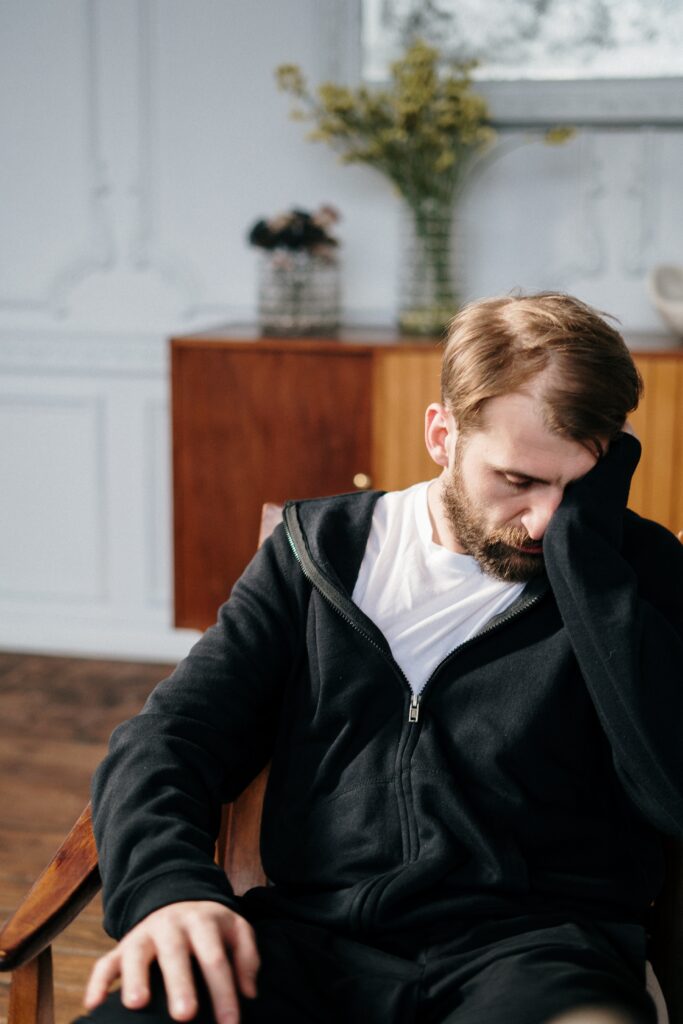


The Best Resource If You’re Looking For A Therapist
If you’re interested in learning more about online therapy, I recommend checking out BetterHelp. They offer online therapy sessions with licensed therapists at an affordable price point.
As you know I’m a huge proponent of Mental Wellness and ensuring we all get the help we need when we need it. And of course, I don’t want you just to get any help I want you to get the right help so I am now sponsored by BetterHelp.
BetterHelp is the world’s largest therapy service, and it’s 100% online.
BetterHelp offers a network of over 25,000 licensed and experienced therapists who can help you with a wide range of issues.
Just click on the link below, answer a few questions and get matched with a therapist from the network.
One of the most amazing features of BetterHelp, if you don’t jive with your therapist you can switch to a new one that’s a better fit for you any time free of charge.
With BetterHelp, you get the same professionalism and quality you expect from in-office therapy, but with a therapist who is custom-picked for you, more scheduling flexibility, and at a more affordable price.


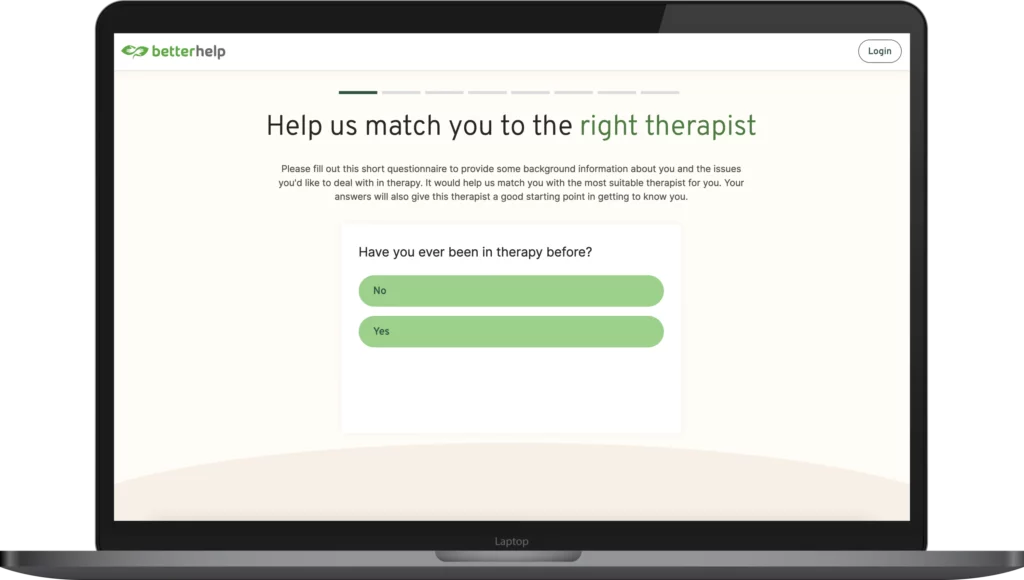
FAQ
If you have any concerns or doubts about therapy, the following frequently asked questions may help clear them up.
Will therapy work for me?
It’s natural to wonder whether therapy will be effective for you. The truth is, therapy is not a one-size-fits-all solution, and what works for one person may not work for another. However, research has consistently shown that therapy can be highly effective for a wide range of mental health concerns, and many people have found it to be a valuable tool in their healing journey.
It’s important to note that therapy requires effort and commitment from both you and your therapist. It may take time to find the right therapist and approach that works best for you, but with patience and persistence, therapy can be a powerful tool for personal growth and healing.
How long will I need therapy?
The duration of therapy can vary widely from person to person and the nature of the issues you are seeking help for. Some people may find that just a few sessions are enough to make a meaningful difference, while others may benefit from long-term therapy over the course of several months or even years.
Ultimately, the length of therapy will depend on your unique situation, your goals for therapy, and your therapist’s recommended treatment plan. It’s important to keep in mind that therapy is not a quick fix, and progress may take time. However, with commitment and dedication, therapy can be a valuable investment in your mental health and well-being.
What if I don’t like my therapist?
Feeling comfortable and supported by your therapist is crucial for therapy to be effective. If you find that you don’t feel a good connection with your therapist, it’s important to address this with them as soon as possible. Talking openly and honestly about your concerns can help your therapist better understand your needs and work with you to make any necessary adjustments.
If you feel that you’ve given therapy a fair chance and you’re still not seeing the results you want, it may be worth considering switching therapists or exploring other types of therapy. Keep in mind that finding the right therapist can take time, and it’s okay to take a break from therapy if you need to reassess your options. The most important thing is to prioritize your own mental health and well-being.
Comments +
What Kind Of Therapist Do I Need
Mental Health, Mental Wellness